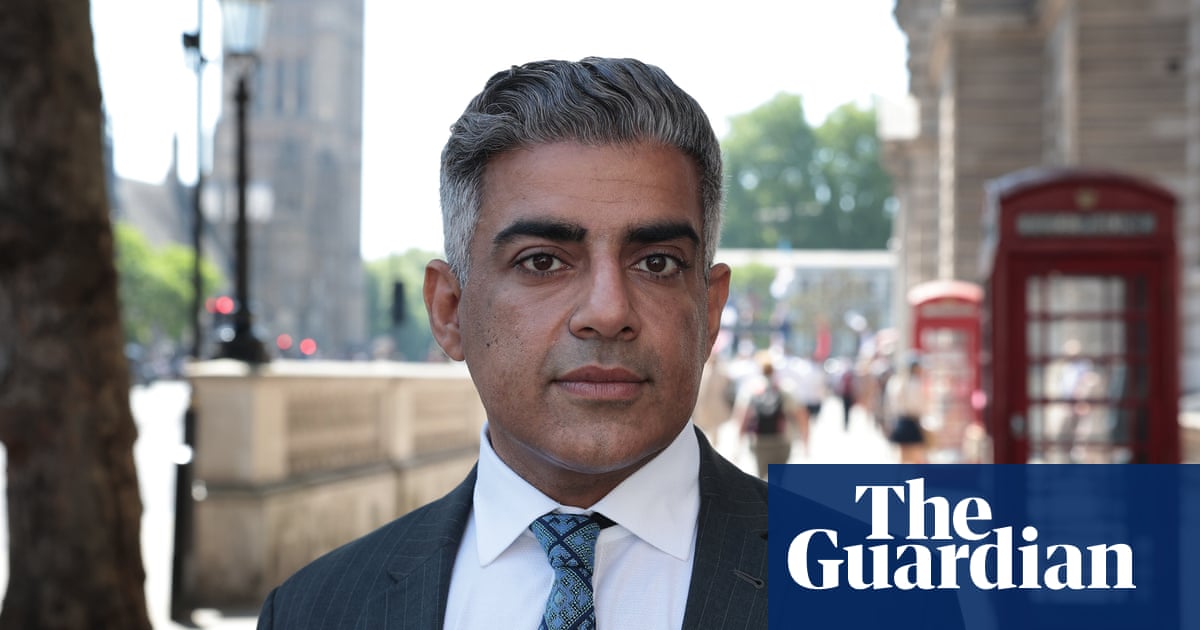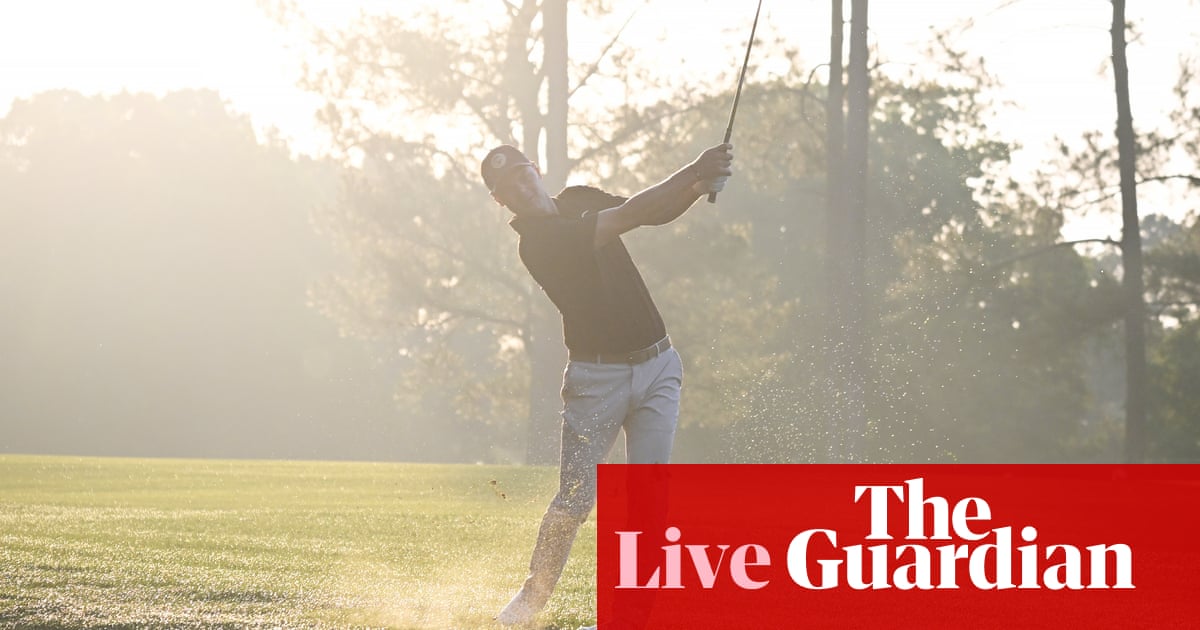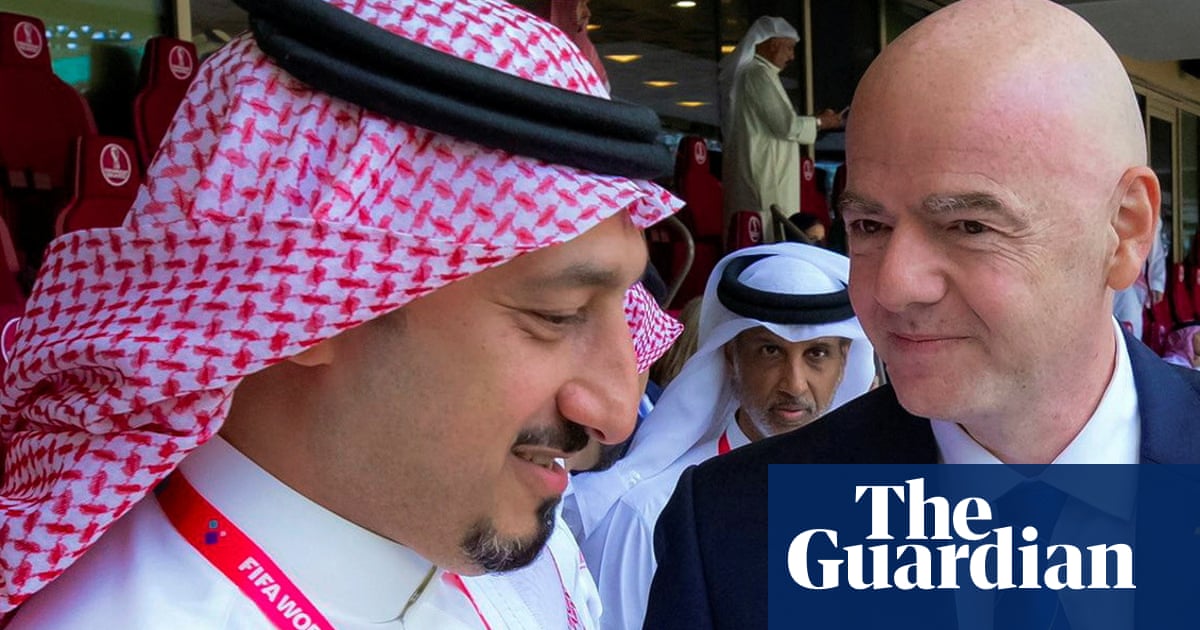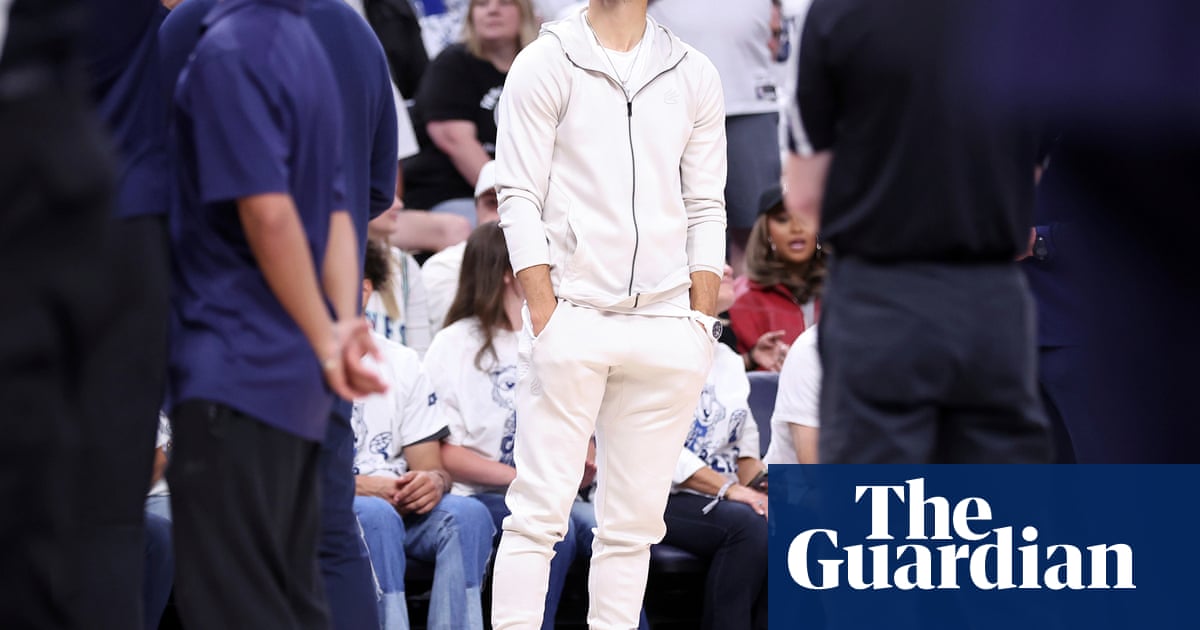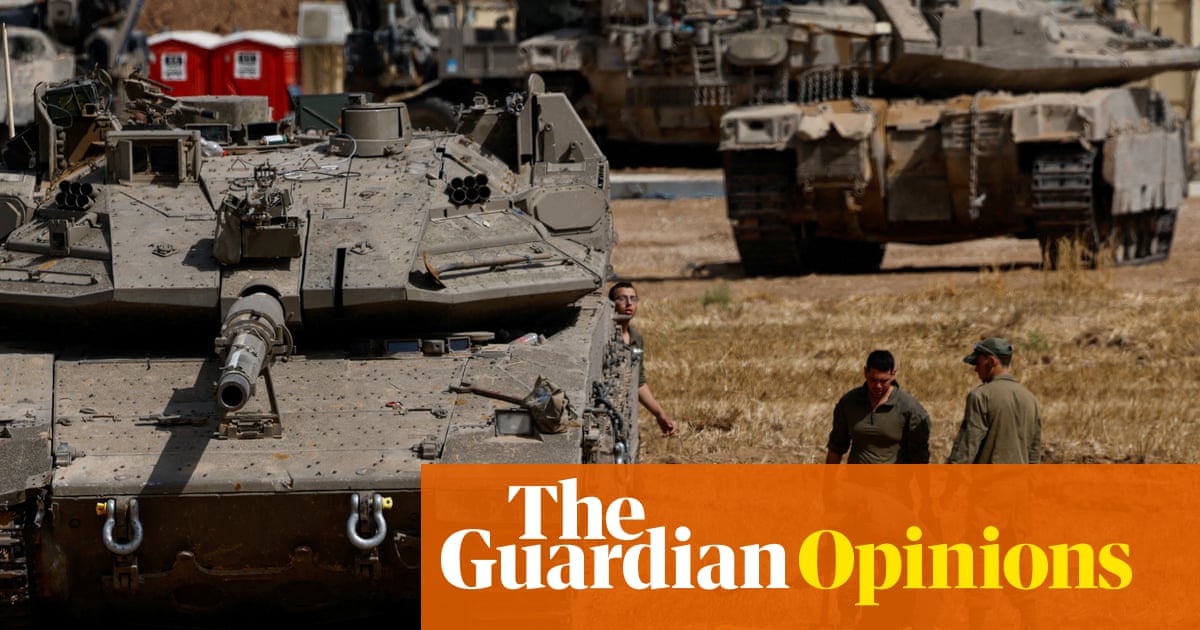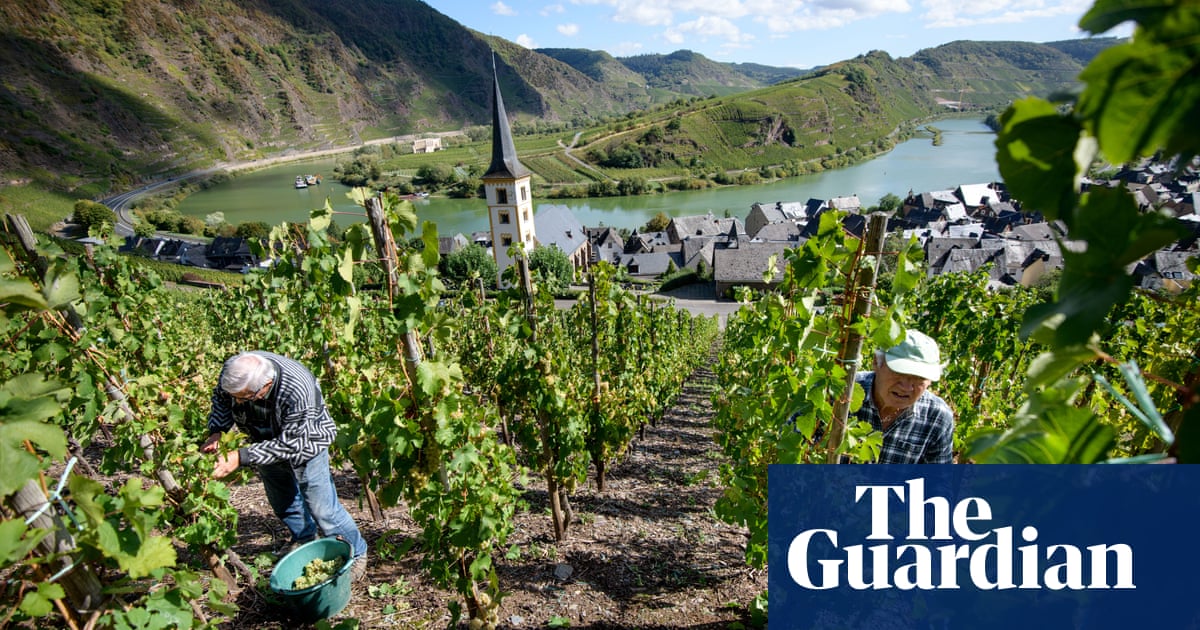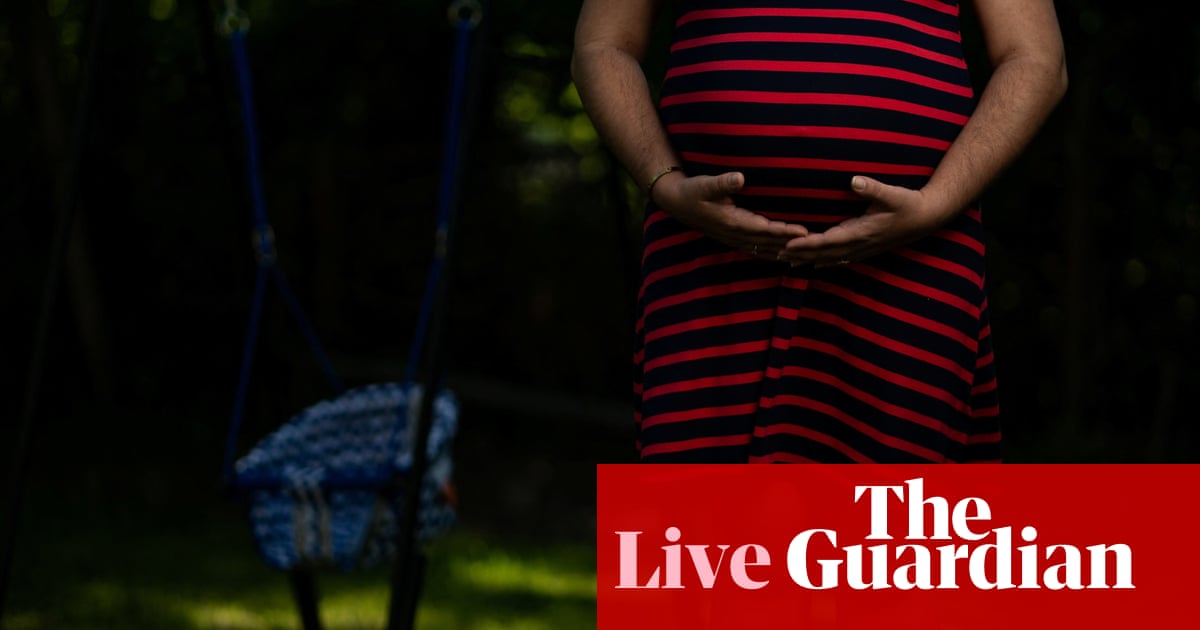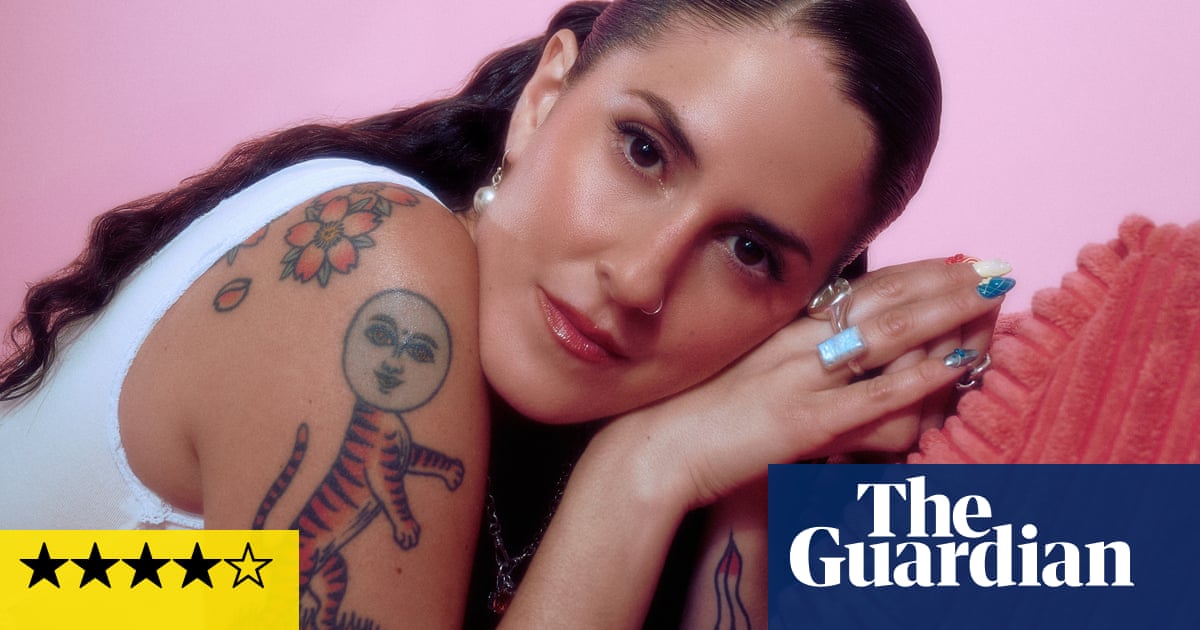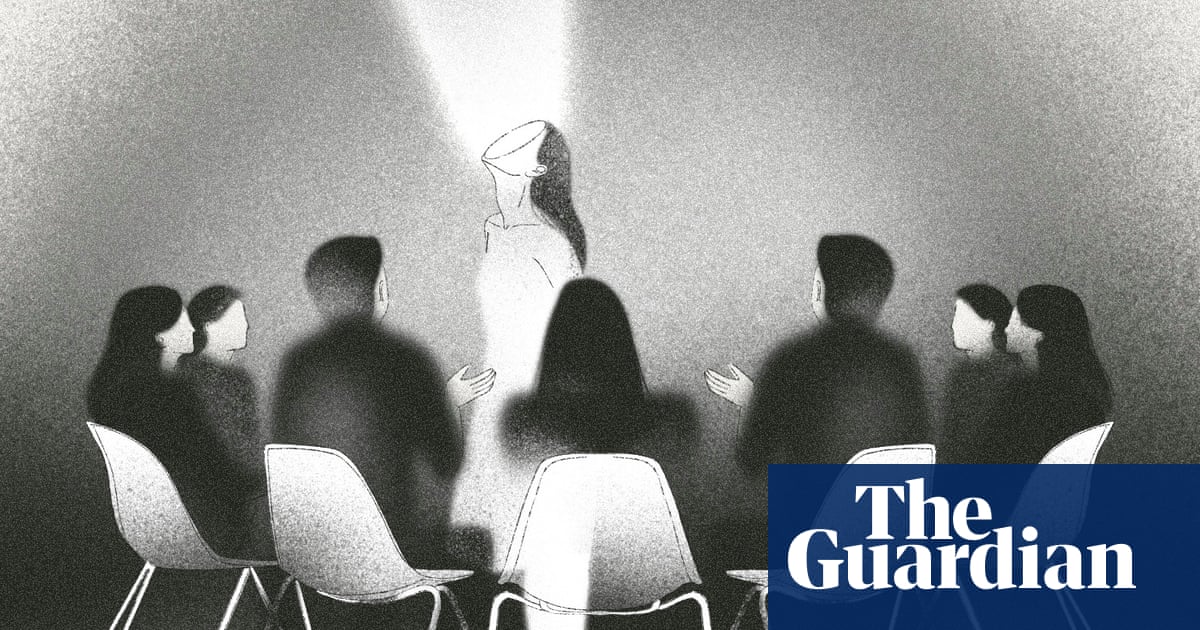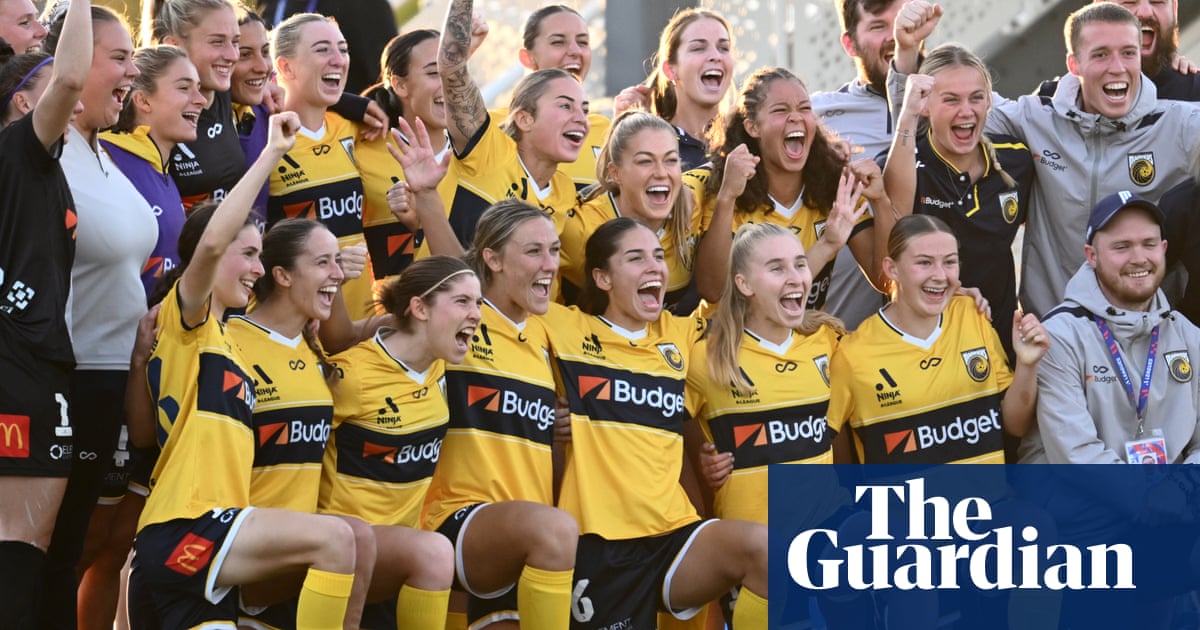AstraZeneca is used to facing protests over pay at its annual general meetings, given the position of its chief executive, Pascal Soriot, as the best-paid FTSE 100 chief executive for most of the past five years. But pay is not the only issue overshadowing this year’s virtual gathering on Friday.
Britain’s biggest listed company, valued at about £170bn, faces investigations in China over import and data breaches, while it ran into controversy when it ditched the planned £450m expansion of its vaccine site in Speke, near Liverpool, in late January, after failing to hammer out a state support package with the UK government.
On top of these problems comes the prospect – so far unrealised – of Donald Trump slapping tariffs on the pharmaceutical industry as part of his continuing attack on global trade practices.
The company’s chair, Michel Demaré, will at least be able to reflect on a year that was financially successful. Strong sales of AstraZeneca’s cancer, lung and immunology treatments lifted 2024 profits 38% higher to $8.7bn, with revenues up by 21% to $54.1bn.
The group is confidently predicting a jump in revenues to $80bn by 2030, as it is betting on the launch of 20 new medicines.

This impressive financial performance has been clouded by trouble in China, where AstraZeneca is one of the biggest multinational pharma businesses. Its shares have risen by just 9% in the past 12 months, while they are up by nearly 60% in the last five years.
China is the company’s second biggest market after the US, and news broke in September that several former and current executives were being investigated over allegations of importing unlicensed cancer medications and patient data breaches.
The head of AstraZeneca’s China business, Leon Wang, who led its rapid growth there in recent years, stood down in late October after being detained by the authorities.
AstraZeneca said in early February it could be fined up to $4.5m if it was found liable over suspected unpaid importation taxes of $900,000 relating to its cancer drugs Imfinzi and Imjudo. There is also a separate investigation into alleged medical insurance fraud by AstraZeneca employees in China, which began in 2021.
Then, just over a week ago, the group revealed a $2.5bn investment to establish its sixth international strategic research and development hub, set to be located in Beijing, in a sign that it may avoid severe penalties in China. The Beijing site will be the second in the country, after its existing facility in Shanghai.
Investors will be breathing a sigh of relief if AstraZeneca can put its China troubles behind it, but tariffs are another concern. So far, pharmaceuticals have been spared by the bruising new US tariffs, but if they were included, the cost of medications could rise around the world. The industry relies on long and complicated supply chains that involve many countries.
Both AstraZeneca and the UK’s other big drug maker, GSK, have some manufacturing in the US, their No 1 market, which means they can mitigate against any tariffs to an extent. Last autumn, AstraZeneca said it was investing a further $3.5bn in US research and manufacturing.
But its decision not to expand in Speke is a blow to the country, with Tom Keith-Roach, AstraZeneca’s UK president, recently describing Britain as “an outlier now as one of the most difficult places in the world” in which to bring new medications to patients.
Added to all this, AstraZeneca is unlikely to escape renewed scrutiny of its remuneration policy.
Soriot, who joined from Roche in 2012, has successfully rebuilt AstraZeneca’s drug portfolio since fending off a hostile takeover bid from US rival Pfizer in 2014. The company has rewarded him with ever-higher pay packets, prompting almost 40% of shareholders to vote against, or abstain from voting on, his maximum £18.7m package last year.
He was paid £14.7m in the end, but this year his package could go up to £25m, depending on targets being met and a rise in the share price.
AstraZeneca argues this is needed to attract and retain talent, and that the new pay policy simply brings Soriot’s pay more into line with that of global pharma executives.
The investor advisory group Institutional Shareholder Services says: “Questions may be posed as to whether the remuneration committee’s response to the significant dissent to remuneration proposals at the last AGM has sufficiently assuaged shareholder concerns raised regarding variable pay.”
However, it adds that “there is evidence of performance targets being made more robust” and there are “no fresh concerns” at this time.
Andrew Speke of the High Pay Centre thinktank says: “While in general, most people would consider the pay of some of the lowest-paid FTSE 100 chief executives to be far too high, Pascal Soriot’s pay levels have been viewed somewhat more sympathetically due to AstraZeneca’s role in developing vaccines during the Covid pandemic.”
However, he argues that this year’s potential pay rise “deserves much greater scrutiny. Such extreme pay levels will only raise greater concerns among critics of big pharma that the companies producing life-saving drugs are primarily focused on enriching their executives and shareholders.”

 1 month ago
25
1 month ago
25

